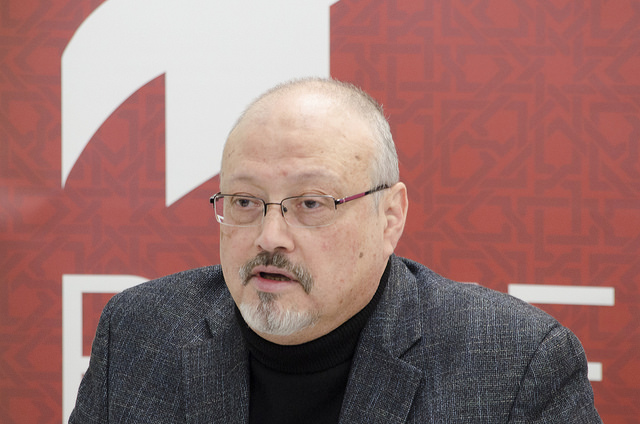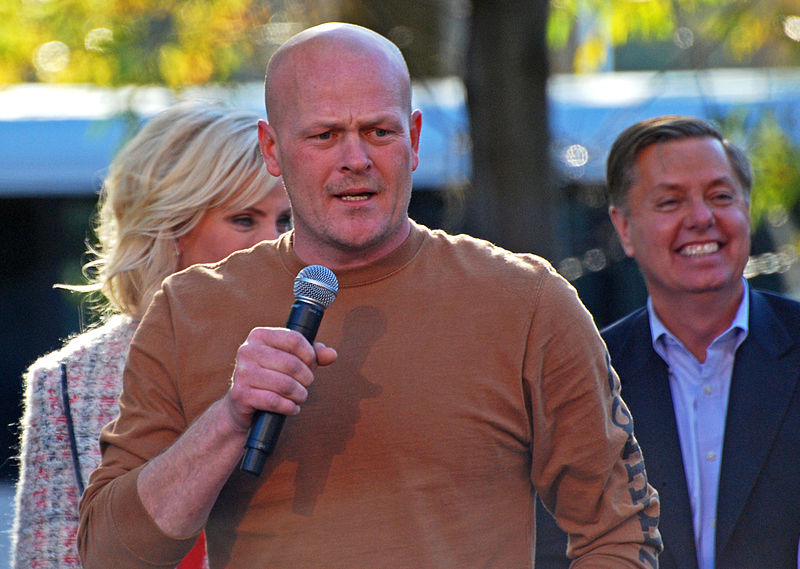Calling out endangered journalists as a group as their “Persons of the Year,” Time magazine named four individual journalists to represent this broad category, including Jamal Kashoggi, Maria Ressa, Wa Lone and Kyaw Soe Oo.
Time dedicated four of its covers to endangered journalists to highlight the fact that 2018 saw journalists from around the world come under attack, and sometimes murdered, for doing their jobs. The magazine, which has been spotlighting the most influential men, women and ideas of the past year since 1927 labeled the honorees for 2018 as the “guardians” in the growing “war on truth” which has been developing around the world.
Recognizing Kashoggi is the first time a person has been given this honor posthumously, Time’s editor in chief Edward Felsenthal explained. The Guardians just beat out the third runner-up for the honor special counsel Robert Mueller, who is now leading an investigation of possible collusion between Donald Trump’s 2016 presidential campaign and Russian government involvement in that campaign. President Trump was Time’s second runner-up for the honor.
Kashoggi was a journalist for the Washington Post, but was a Saudi Arabian citizen who was highly critical of the Saudi royals. He was murdered earlier this year inside the Saudi Consulate in Istanbul. It is suspected that the Saudi Crown Prince Mohammed bin Salman ordered Kashoggi’s execution.
“This is the first time we have chosen someone no longer alive, but it’s rare that a person’s influence grows so immensely in death,” Felsenthal said when he announced the magazine’s choices.
A second Time cover showed the staff from the Capital Gazette, which lost five employees last summer when a killer came into the paper’s Annapolis, Maryland office and started firing.
The third cover depicted Maria Ressa, who reported on the violent actions taken by the government of the Philippines. Two Reuters reporters, Wa Lone and Kyaw Soe were featured on the fourth cover. The pair were jailed for a year after they revealed their findings of the genocide of Rohingya Muslims in Myanmar.
“In 2018, journalists took note of what people said, and of what people did. When those two things differed, they took note of that too,” Time’s Karl Vick wrote in an essay about the selection. “The year brought no great change in what they do or how they do it. What changed was how much it matters.”
In his essay on the picks, Felsenthal wrote that 52 journalists were killed in 2018, courageously risking “all to tell the story of our time.”



